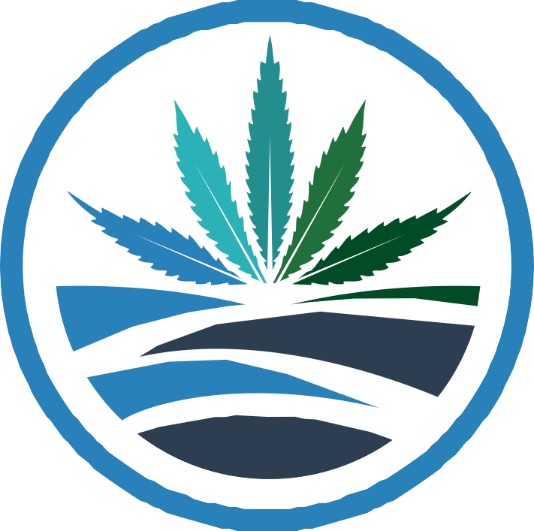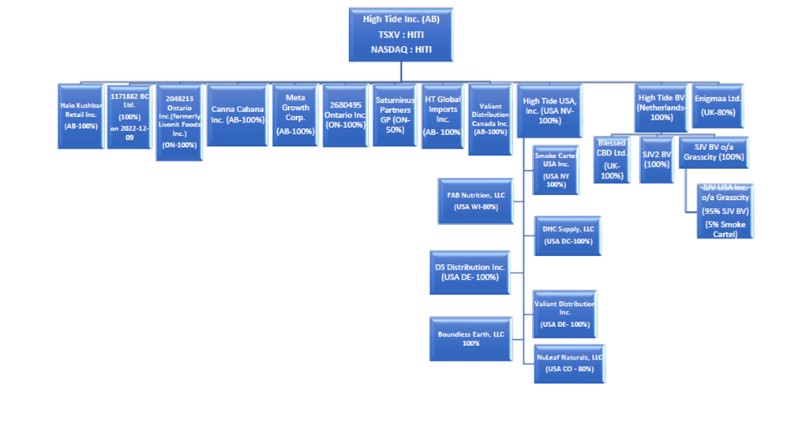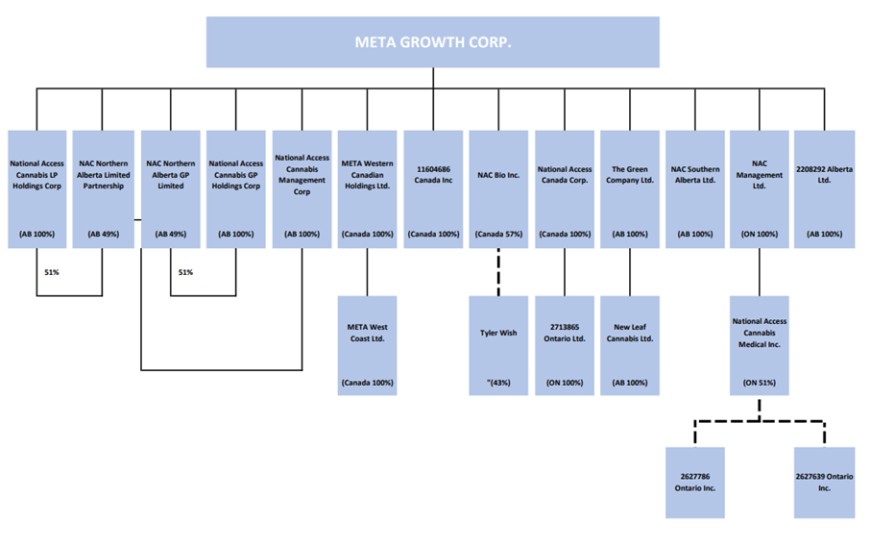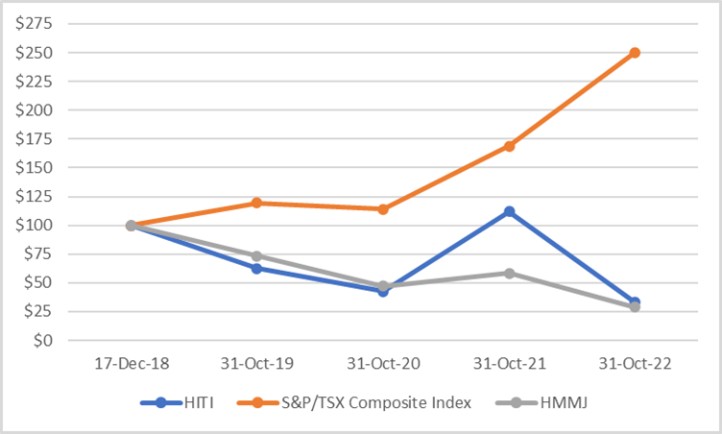Despite the passing of the 2018 Farm Bill, there remains some ambiguity as to which products are considered lawful under federal Laws in the United States, including, without limitation (i) products containing CBD; (ii) products containing, for example, 5 mg of Delta-9 per serving, but less than 0.3% THC on a “dry weight basis,” and which may elicit psychoactive effects in consumers in the same manner as Delta-9 THC derived from cannabis; and (iii) products containing Delta-8. Much of this ambiguity is due to federal Laws and regulations other than the 2018 Farm Bill and/or the U.S. CSA, including, without limitation, the DEA IFR, FDCA, and Federal Analogue Act, and the enforcement priorities (or lack thereof) of the federal agencies tasked with enforcing such laws and regulations.
For example, on August 21, 2020, the DEA issued a DEA IFR concerning implementation of the 2018 Farm Bill. Even though the 2018 Farm Bill removed Hemp and THCs in Hemp from scheduling under the U.S. CSA, the DEA IFR purports to clarify that material that exceeds 0.3% THC remains controlled in Schedule I of the U.S. CSA. Additionally, the DEA IFR states that the 2018 Farm Bill does not impact the control status of synthetically derived THCs, for which the DEA claims that the amount of THC is not a determining factor in whether the material is a controlled substance. “Synthetically derived” is not defined in the DEA IFR. It is worth noting that many States have defined “synthetically derived” to include Delta-8.
In addition, under the Federal Analogue Act, chemicals that are “substantially similar” to controlled substances and which have a “stimulant, depressant, or hallucinogenic effect on the central nervous system (CNS) that is substantially similar to or greater than” the controlled substance, are treated as controlled under U.S. federal law.”
Finally, although the 2018 Farm Bill removes “Hemp” from the U.S. CSA, the 2018 Farm Bill does preserve the authority and jurisdiction of the FDA, under the FDCA, to regulate the manufacture, marketing, and sale of food, drugs, dietary supplements, and cosmetics, including products that contain Hemp extracts and derivatives, such as CBD. The FDCA will therefore continue to apply to Hemp-derived food, drugs, dietary supplements, cosmetics, and devices introduced, or prepared for introduction, into interstate commerce. As a producer and marketer of Hemp-derived products, the Corporation must comply with FDA regulations applicable to manufacturing and marketing of certain products, including food, dietary supplements, and cosmetics. However, the FDA has taken the position that it is unlawful to sell or market a dietary supplement or food containing CBD.
However, the FDA’s enforcement actions to date have been limited to warning letters. Moreover, the FDA’s warning letters citing FDA’s prohibition on the sale or marketing of dietary supplements or foods containing CBD have primarily been sent to CBD companies who manufacture or sell CBD products that create severe health and safety risks by making egregious disease claims (i.e., claims suggesting that a product is intended to treat, cure, or prevent diseases and ailments and/or affect the structure or function of the body) or structure/function claims (i.e., intended to affect the structure or any function of the body), such as a product’s purported ability to treat or cure serious diseases and conditions like COVID-19, cancer, or diabetes. By contrast, the FDA has not generally enforced against CBD companies with respect to companies whose CBD products are devoid of such claims. The FDA has sent similar letters to companies for selling products containing Delta-8.
In addition, the FDA has issued policy statements expressing concerns about Delta-8’s psychoactive and intoxicating effects; noting that products containing Delta-8 have not been evaluated or approved by the FDA for safe use and may be marketed in ways that put the public health at risk; and highlighting that it has received adverse event reports involving products containing Delta-8.
In sum, despite the positive changes brought by the 2018 Farm Bill, there remain a number of considerations, potential changes in regulation, and uncertainties regarding the cultivation, sourcing, production and distribution of Hemp and products containing Hemp derivatives. Applicable Laws and regulations in the U.S. remain subject to change as there are different interpretations among federal, state and local regulatory agencies, legislators, academics and businesses with respect to the treatment of the importation of derivatives from exempted portions of the cannabis plant, the scope of operation of the 2014 Farm Bill and the 2018 Farm Bill, and the authorizations granted to 2018 Farm Bill-compliant Hemp growers and licensed Hemp-derived CBD producers. These different federal, state, and local agency interpretations touch on, among other things, the regulation of cannabinoids by the DEA, FDA and/or the FTC. These uncertainties likely cannot be resolved without further federal and state legislation, regulation or a definitive judicial interpretation of existing legislation and rules, and in the interim period, there continue to be several legal barriers to selling Hemp-derived products, including, but not limited to barriers arising from, (i) the fact that Hemp and cannabis are both derived from the cannabis plant, (ii) the rapidly changing patchwork of state Laws governing Hemp and Hemp-derived products, (iii) the lack of FDA approval for CBD as a Lawful food ingredient, food additive or dietary supplement, and (iv) the uncertain legal status of Delta-8 products, as well as products containing, for example, 5 mg of Delta-9 per serving, but less than 0.3% THC on a “dry weight basis,” and which may elicit psychoactive effects in consumers in the same manner as Delta-9 THC derived from cannabis.
In addition to the above federal considerations, many States have enacted Laws and regulations prohibiting the production, distribution, and/or sale of certain Hemp-derived products.



